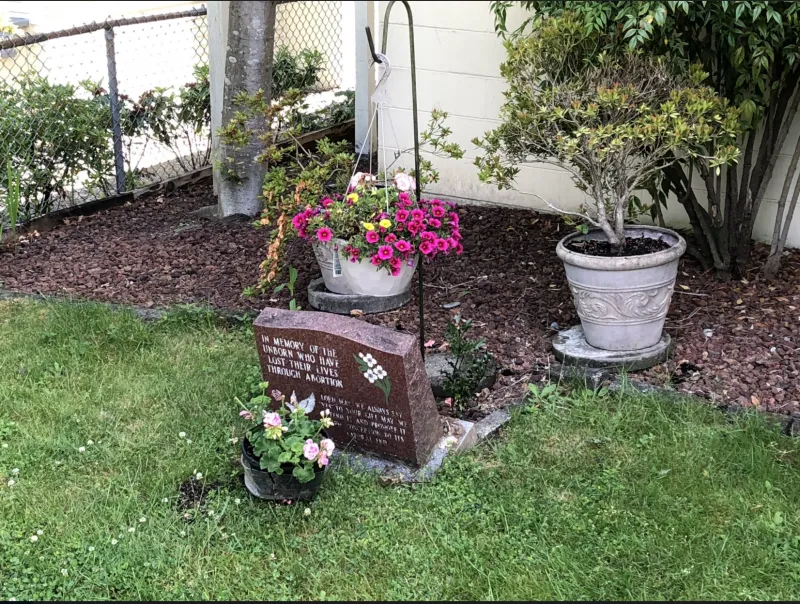 Archbishop Christophe Pierre, apostolic nuncio to the US, addresses the USCCB’s 2020 Fall General Assembly.
Archbishop Christophe Pierre, apostolic nuncio to the US, addresses the USCCB’s 2020 Fall General Assembly.
Washington, D.C. Newsroom, Jun 16, 2021 / 15:19 pm (CNA).
Following the Covid-19 pandemic the Church needs to dialogue with an aim of unity, and emphasize the importance of Christ, Archbishop Christophe Pierre, apostolic nuncio to the United States, said to the USCCB’s assembly on Wednesday.
The assembly is taking place virtually via video conference.
“I am firmly convinced that emerging from the pandemic, we need to be a Church that proclaims, with conviction, the basic kerygma and the person of Jesus Christ,” Archbishop Pierre said June 16.
“And we need to be a Church that follows the method of Jesus, which is one of accompaniment and dialogue, a dialogue directed toward salvation.”
Archbishop Pierre said there was a need for unity in the Church in America, noting that while this is a challenge, it is one that has been met before in other trying times.
“In response to the abuse crisis, it answered with a unified and concerted effort that showed care and compassion for the plight of survivors; it provided for the needs of the immigrant community; it stood in solidarity with our persecuted brothers and sisters throughout the world by providing material and spiritual closeness; it came to the rescue of those affected by natural disasters; it spoke with one voice in defense of the dignity of all peoples and against the scourge of racial inequality,” said Archbishop Pierre.
“These examples point to the undeniable truth that unity is possible and that the Church in the United States has numerous experiences of it.”
The bishops, he said, have a particularly important role to play in ensuring that this unity is achieved. He noted that the four dimensions of dialogue described by St. John Paul II in the 1995 encyclical Ut unum sint “can be helpful to illumine the path towards greater unity,” even though they were not written with this particular situation in mind.
Those four dimensions–the dialogue of charity, of conversion, of truth, and of salvation–all play a role in helping to better unite the Christian people.
Archbishop Pierre highlighted the need for the Church after the pandemic to center its evangelical efforts on the saving work of Christ, pointing out that “Christianity offers more than an NGO or a social service organization.”
“The Church offers salvation in the person of Jesus Christ,” he said.
“What is often lacking in the process of evangelization, and we certainly need to evangelize and catechize now more than ever, is ‘beginning again from Jesus Christ,’’’ said Archbishop Pierre. ’
“The starting point, therefore, cannot be to shame the weak, but to propose the One who can strengthen us to overcome our weaknesses, especially through the sacraments of reconciliation and the Eucharist,” he said.
“With respect to the latter, Holy Communion is not merely a ‘thing’ to be received but Christ Himself, a Person to be encountered.”
Archbishop Pierre stressed the need to center the Church on Christ, saying that “a Catholicism that confuses itself with a mere cultural tradition or which cannot distinguish itself from other proposals, including political or ideological ones that are based on certain values, will never be convincing to this generation or to new ones.”
“Jesus Christ is a Person, not a concept,” he said.

[…]



